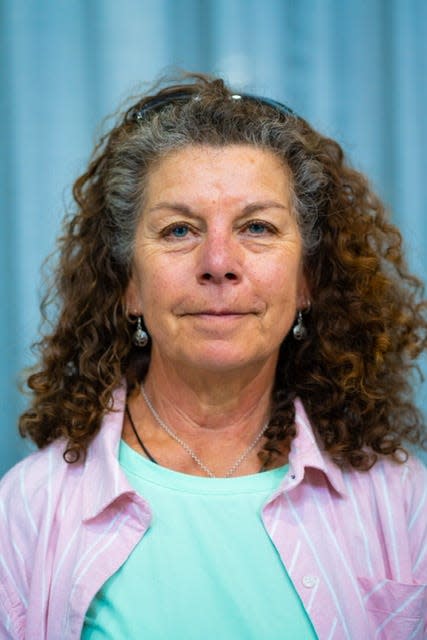My Turn: The importance of being a responsible consumer

In the November 27, 2023 edition of the Waste Advantage Newsletter, that hits my inbox every Monday, a town in Connecticut is considering a new program to help curb the rising costs associated with the world of household generated trash. Seems as though the folks in Deep River, Connecticut, have been generating lots of trash, and they had the Materials Innovation and Recycling Authority shut down their trash burning plant last year, losing a third of their capacity to handle their own trash. Now, 740,000 tons of trash are being transported to landfills in Pennsylvania and Ohio. Their situation is something that we in Gaston County have been grateful to avoid, so far. We have a county landfill that is being managed extremely well, with innovative leadership. One of the many ideas thrown around in Deep River was a “pay-as-you-throw” program, not so very different than our very own “pay-as-you-throw” program run at our county convenience sites. Deep River has plans for local stores to sell a variety of sized garbage bags, ranging from $2 of a 33-gallon bag, $1.30 for a 13-gallon bag, and 95 cents for an 8-gallon bag. Recycling is free and then a viable alternative to throwing valuable recyclables into the costly trash bags. Deep River has an established food waste diversion program, sending their scrap food to an anerobic digester and they have started a textile recycling program.
Gaston County has had a “pay-as-you-throw” program in place since 1996. Instead of purchasing individual bags at $1.30 each, for a $4 Garb Card, you can throw away 10 bags of trash. But, even better than recycling for free, you can eliminate the use of a Garb Card when you recycle enough materials. An equal sized bag of plastic bottles, or aluminum cans, or steel cans, or mixed paper (including junk mail and catalogs, newspaper and paperboard boxes) and flattened corrugated cardboard, and now to include plastic films recycled at our convenience sites, can eliminate the cost of your trash. This program only works for household trash, and does not include furniture or bulky items like plastic toys, plastic plant pots, etc. The plan that was hatched so many years ago still holds as a viable option to our mounting trash problem. The onus is on you. For those of you in communities with curbside trash disposal, keep in mind that your habits could cause our landfill to fill prematurely. When there are really great options for recycling, most people can cut their trash volume in half. Now, that being said, if one were to have the need for baby or adult diapers, the need for Styrofoam cups (no you really don’t), foam trays and wraps from grocery items like meats and some vegetables, other plastic containers that we cannot recycle in Gaston County, these would definitely be the items in your trash bags. But what a saving of space in that trash bag and what a good reuse of recycling resources.
Our convenience sites are just that: convenient to some part of your weekly travels in the county. Make that plan to visit once a week or every other week when your recycling bins get full. And now, with our plastic film program (grocery bags, bubble wrap, newspaper sleeves, dry cleaning bags, plastic mailers, the inside envelope from cereals and crackers), we should see a dramatic reduction in our landfill tonnage… I hope.
We do not want to be a Deep River community, looking for another facility in which to deposit our trash. We hope to keep this current landfill viable for another 50 years or more, if we all can get on the recycling railroad. The opposite side of disposal is consumption. As we head into this gift-buying season, seriously determine the full value and life cycle of that gift. Will it end up in the landfill? Will it bring happiness and memories? Once again, I’m a fan of experiential gifts, memberships to museums or activities. You make that decision to provide a gift that will never see the insides of the landfill.
Nan Kirlin is the Gaston County recycling coordinator.
This article originally appeared on The Gaston Gazette: My Turn: The importance of being a responsible consumer
